October is a month where we turn the spotlight to all things related to mental health and wellbeing. In light of the uncertain times associated with COVID lockdowns, restrictions (and their far reaching social and economic effects), the mental health of Australians has been a focal point all year long.
We know that young Australians aged 15-24 years old have felt the significant effects of the pandemic proving to be the biggest issues in their lives in 2020. Most particularly concerning the impact on their education, job losses, experiences of isolation and mental health. Our work with young people in crisis shows that all these factors are common pre-cursors to harmful drug and alcohol misuse.
Tune In to mental health
Mental Health Month is a chance to increase awareness and promote the mental health and well-being of people. The theme this year, ‘Tune In’, is an opportunity to promote the activities and ideas that can have a positive impact on the daily lives of ourselves and others. You can check out some of the tips and activities to ‘Tune In’ here.
The theme encourages individuals to think about their own mental health by ‘tuning’ in and being present. This creates an opportunity to be more aware of what is happening both within themselves and the world around them.
Working to change the bigger picture of mental health.
Mental Health Months work is evidence-based and co-designed with people’s lived experience. With the aim of creating a space that enables people to ‘Tune in to Mental Health Month and help create a world we can all Tune In to (Way Ahead Mental Health Month 2021). Highlighting the importance of good mental health, tuning in to one’s self has demonstrated to help build self-awareness, help make affective choices, reduce the impact of worry, build positive connections, and ultimately encourage help seeking behaviours when needed.
The prevalence of young people experiencing significant psychological distress and the need for action, is higher than ever. This was highlighted in a report released by Mission Australia and the Black Dog Institute, Psychological Distress in Young People in Australia, 2021. In attempt to better understand the experiences of psychological distress young Australian’s aged 15-19years old faced.
In 2020, one in four young people said they were experiencing mental health challenges. Of that, more than five times the proportion of young people with psychological distress reported concerns about suicide (31.1% compared to 6.0% of respondents without psychological distress).
By exploring how young people with mental health concerns feel, think and act, the report was able to look at their help-seeking behaviours and pinpoint the important role that friends, parents, external services, schools, and internet apps play in the support of young people in these tough times. Furthermore, emphasising that the feelings of being scared, anxious or feeling embarrassed to get help were the three most commonly referred to barriers that prevent young people from seeking help.
Reaching out for help
More often than not reaching out for help can be the hardest part. Unfortunately, stigma, shame and prejudice all continue to contribute to people feeling unable to reach out and seek help when they need it. That is why as part of this year’s Mental Health Month theme is to provide people with the tools and steps to help shift the world into a safer and more supportive environment for people experiencing mental health distress. You can find out more about how to get involved with Mental Health Month here.
This Mental Health Month, don’t forget to check in with yourself, and your loved ones, and reach out for help or support when needed.
Finding help and support for young people in crisis
It can be difficult to find the right help for young people in crisis who are struggling with issues associated with drug and alcohol misuse. Make the right decision during mental health month by viewing our list of useful resources to find the right help when needed. Access our Find Help pages here.







